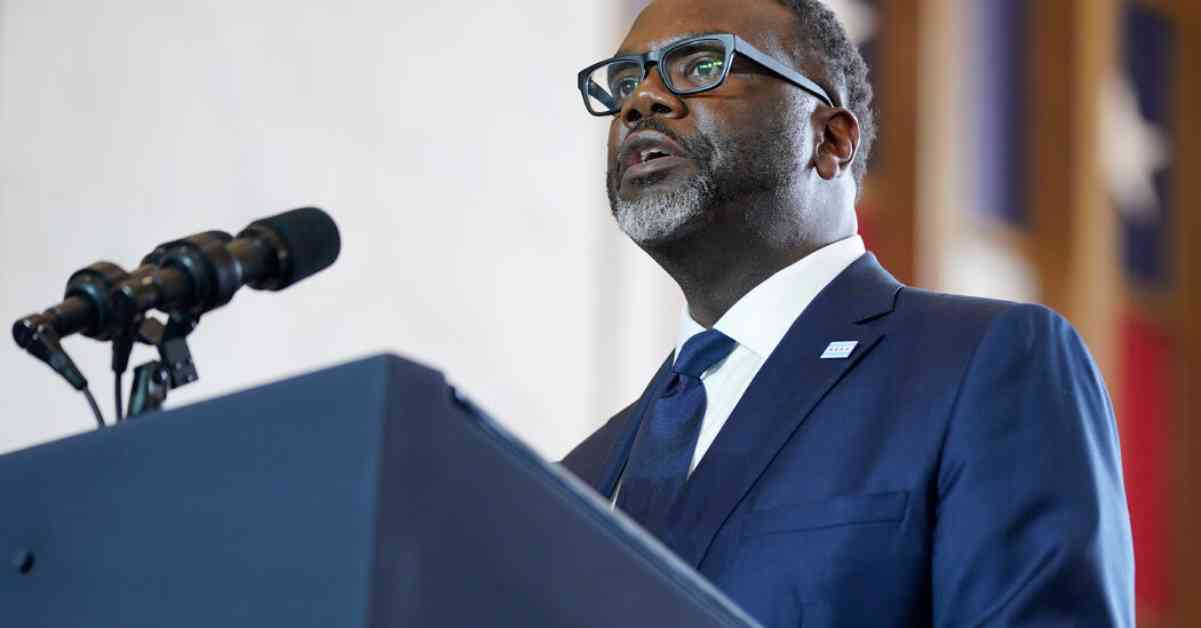Mayor Brandon Johnson of Chicago took a significant step on Monday by signing an executive order to establish a task force dedicated to making recommendations for reparations for the Black residents of the city. This initiative aims to address the historical policies that have negatively impacted Black individuals over the years.
The newly formed task force will delve into Chicago’s laws and policies from the slavery era to the present day. It will conduct public hearings and ultimately provide recommendations that will serve as appropriate remedies and restitution for past injustices. This move by Mayor Johnson reflects a broader national trend, with various local and state governments across the country deliberating on the issue of reparations for the enduring effects of slavery and discriminatory practices.
In a statement, Mayor Johnson emphasized that the executive order symbolizes a commitment to shaping the future of Chicago by confronting the long-standing legacy of inequality that has plagued the city. While the order does not specify a specific monetary amount for potential reparations or outline eligibility criteria, it marks a significant first step towards addressing historical injustices.
The decision to allocate $500,000 in Chicago’s 2024 budget towards studying reparations underscores the city’s commitment to exploring this complex issue. Mayor Johnson’s announcement of the task force at a Juneteenth flag-raising ceremony was met with resounding applause from attendees, highlighting the community’s support for initiatives aimed at rectifying past wrongs.
By establishing this reparations task force, Mayor Johnson is signaling a proactive approach to addressing systemic inequities and working towards a more just and inclusive future for all residents of Chicago. The task force will have approximately a year to conduct its research and formulate recommendations, setting the stage for potentially transformative changes in the city’s approach to racial justice.
Overall, this executive order represents a crucial step forward in acknowledging and redressing the historical injustices faced by Black residents of Chicago. It underscores the city’s commitment to fostering a more equitable society and serves as a beacon of hope for those advocating for reparative measures to rectify past wrongs.


















